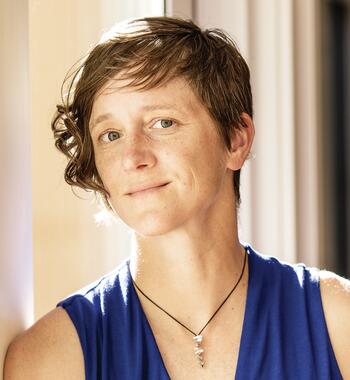Online Disinformation during Crisis Events
Online Disinformation during Crisis Events
Thursday, November 16, 201712:00 PM - 1:30 PM (Pacific)
William J. Perry Conference Room, Encina Hall, 2nd Floor, 616 Serra St, Stanford, CA 94305
Abstract:
Since 2013, my collaborators and I have conducted research on how rumors and misinformation spread through social media during crisis events. Recently, our work has revealed how a subsection of the alternative media ecosystem facilitates the spread of disinformation—in the form of conspiracy theories or “alternative narratives” about man-made crisis events. This disinformation is often employed as part of a political agenda and poses new information security risks. In this talk, I’ll present highlights from our research on alternative narratives, describing some of the specific tactics being used to spread disinformation. I’ll also share some preliminary findings on more recent work examining the structure and dynamics of the media ecosystem that has taken shape around the ongoing crisis in Syria. Finally, I’ll discuss some of the broader implications of online disinformation for emergency and humanitarian responders as well as society at large.
Speaker Bio:

